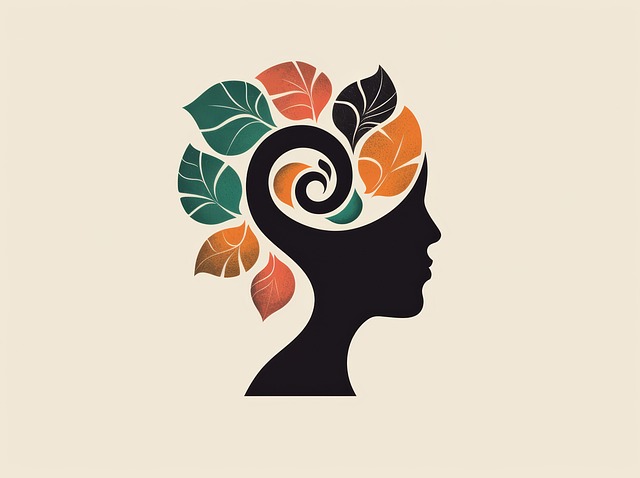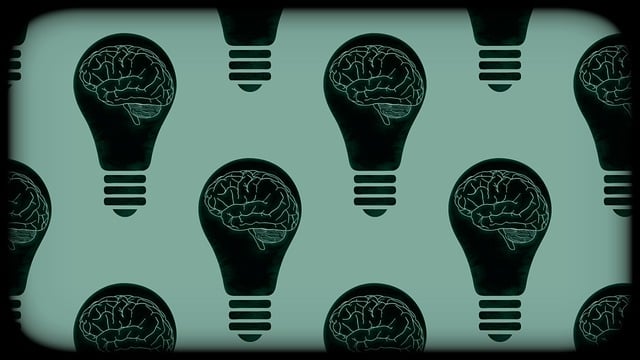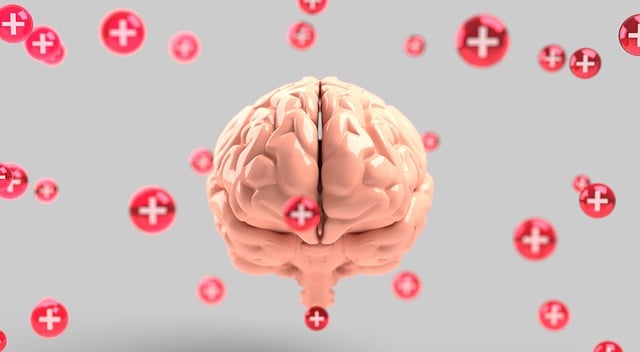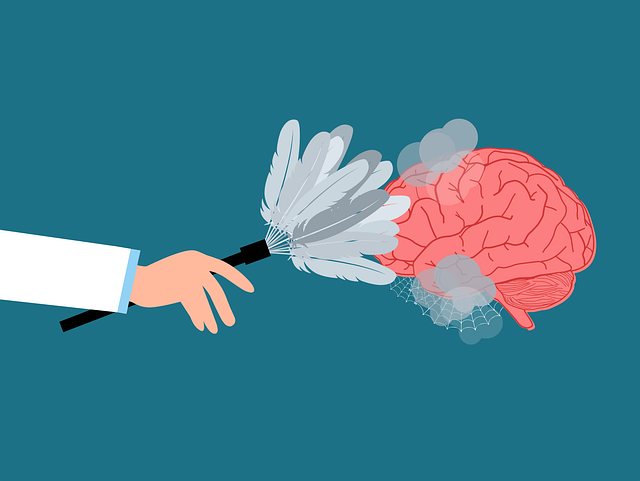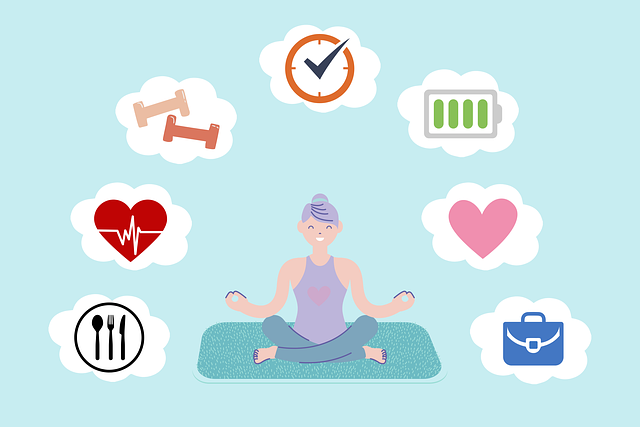Mental wellness coaching is gaining traction as a vital tool for holistic well-being, especially in high-stress healthcare settings. Integrating Golden Independent Medical Evaluations (IMEs) into these programs significantly improves their effectiveness. IMEs offer a holistic view of an individual's psychology, enabling coaches to create personalized interventions for specific mental health needs, such as anxiety, depression, or trauma. This approach promotes stress reduction, enhances self-care practices, and develops emotional regulation skills, ultimately improving both provider well-being and patient outcomes through healthier work environments.
Mental wellness coaching programs are gaining prominence as a vital tool for promoting holistic well-being. This article explores the development and effectiveness of such programs, focusing on three key aspects: understanding the growing need for mental wellness coaching, integrating independent medical evaluations for tailored interventions, and recognizing the synergistic role of therapy in enhancing coaching outcomes. By delving into these elements, we highlight the potential of Golden Independent Medical Evaluations (IME) to revolutionize mental health support, ensuring personalized and effective care.
- Understanding Mental Wellness Coaching: A Growing Need
- Integrating Independent Medical Evaluations into Coaching Programs
- The Role of Therapy in Effective Mental Health Coaching
Understanding Mental Wellness Coaching: A Growing Need

In today’s fast-paced world, mental wellness coaching is emerging as a vital component in addressing the growing need for holistic well-being. This dynamic approach to personal development focuses on empowering individuals to navigate life’s challenges with resilience and emotional balance. Mental wellness coaches work collaboratively with clients to uncover and address underlying issues, fostering effective coping mechanisms and enhancing overall mental health. By integrating various therapeutic techniques, such as Golden Independent Medical Evaluations Therapy, coaches help clients cultivate self-awareness, build strong foundations of Emotional Healing Processes, and develop Burnout Prevention Strategies for Healthcare Providers.
The demand for mental wellness coaching is particularly prominent in healthcare settings where professionals often grapple with high-stress environments and demanding schedules, leading to increased rates of burnout. Stress Reduction Methods are a key aspect of these coaching programs, teaching individuals techniques to manage stress effectively and maintain equilibrium. This proactive approach not only benefits the well-being of healthcare providers but also improves patient outcomes by promoting a healthier, more supportive work environment.
Integrating Independent Medical Evaluations into Coaching Programs

Integrating Independent Medical Evaluations (IMEs) into mental wellness coaching programs can significantly enhance their effectiveness and impact. IMEs provide a comprehensive understanding of an individual’s psychological state, offering valuable insights that tailored coaching can build upon. This process ensures that coaches work within each client’s unique framework, addressing specific needs related to anxiety, depression, or trauma—facilitating more targeted interventions.
Moreover, IMEs contribute to the development of personalized Self-Care Practices, which are essential components of mental wellness. By identifying emotional triggers and vulnerabilities, clients can learn effective coping strategies and enhance their Emotional Regulation skills. This proactive approach not only benefits individuals but also fosters public awareness campaigns development around mental health, ultimately destigmatizing conversations around therapy and Golden Independent Medical Evaluations.
The Role of Therapy in Effective Mental Health Coaching

Therapy plays a pivotal role in effective mental health coaching by providing a safe and structured environment where clients can explore their thoughts, emotions, and behaviors. Through techniques like cognitive-behavioral therapy (CBT), mindfulness practices, and psychodynamic approaches, therapists help individuals gain insights into their mental wellness challenges. This process enables them to develop coping strategies tailored to their unique needs, fostering resilience and self-awareness.
Golden Independent Medical Evaluations Therapy, in particular, offers a comprehensive framework for assessing and addressing mental health concerns. By integrating these evaluations into coaching programs, practitioners can identify underlying issues, design personalized interventions, and track progress over time. This evidence-based approach ensures that burnout prevention strategies for healthcare providers are not only effective but also measurable, enhancing the overall quality of care and promoting better stress management.
Mental wellness coaching programs are evolving to meet the growing demand for holistic mental health support. By integrating Golden Independent Medical Evaluations and leveraging therapy as key components, these programs can provide more effective and personalized care. This approach ensures that individuals not only address their symptoms but also gain insights into their underlying conditions, fostering long-term mental wellness.
